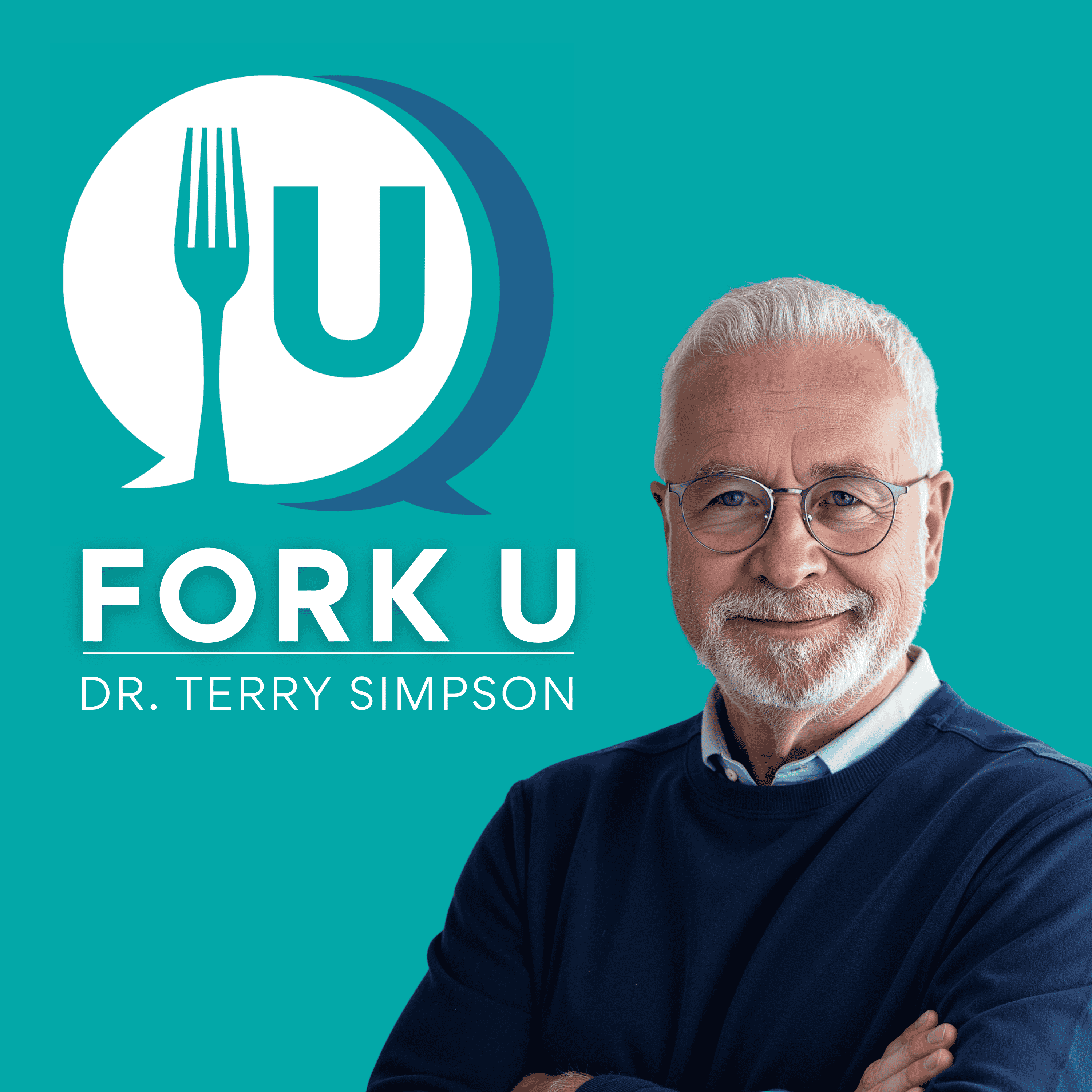Episode 32
Salt: Toxicity is in the Dose
Salt: Toxicity is in the Dose
For the human body, salt is both an essential metal and toxic at a high dose. The most common form of sodium comes from sodium chloride, a salt. However, too much salt and arteries become stiff, and the risk of heart disease and cardiovascular disease increases. The majority of dietary salt comes from processed foods.
Salt Toxcity Deniers
Probably the most famous book is The Salt Fix. A rambling book claiming low salt is responsible for everything from lower sex drive to insulin resistance. The book is logical and simplistic, with abundant citations taken out of context. In summary, the book is almost completely incorrect.
Salt and Hypertension
One of the classic studies about salt and hypertension is the DASH sodium study. In these studies, the study participants were fed the diet with varying amounts of salt. These studies are expensive and often not done, but powerful. Additionally, the lower levels of salt, the lower the blood pressure. In fact, a low-sodium DASH diet led to a reduction of blood pressure equivalent to one blood pressure pill.
In contrast, "The Salt Fix" states that decreasing levels of salt led to increasing blood pressure and heart disease. The Salt Fix explanation is that lower salt leads to increased levels of renin, angiotensin, and aldosterone (hormones that would increase blood pressure). His conclusion is the opposite of hundreds of articles and much analysis. Such as here, here, and here.
Salt and Cholesterol
Another false claim, "The Salt Fix," stated the DASH study showed an increase in LDL, cholesterol, and triglycerides.
The DASH diet showed no significant impact at all.
More of "The Salt Fix" Misinformation
- Our ancestors ate more salt
- The primitive argument for which there is no proof. Since our ancestors ate mostly plants and no processed foods, this is easily debunked. Meat eaters know that a one-pound chicken contains about 150 mg of salt. A double patty of hamburger has 500 mg. He makes up numbers that don't make sense.
- He states our ancestors ate from salt licks, but there are few in Africa (he makes up stuff)
- Other countries have higher salt intake and lower heart disease
- He cites Korea (which has 50% hypertension or pre-hypertension), Japan (highest incidence of stomach cancer related to salt), and France (hypertension is high, but low levels of heart disease related to the Mediterranean diet practiced by most).
- Salt doesn't lower blood pressure by a significant amount and makes food bland.
- The DASH diet studies show significant reductions in blood pressure, and the food is not bland.
- Lower salt leads to increased death.
- The opposite has been shown. Increased levels of sodium in the diet show increased levels of death.
- Lower salt leads to lower iodine levels.
- Iodized salt was introduced in the US because of the low iodine in Midwest soil. Better sources of iodine include fish and kelp. But the United States also fortifies iodine in bread and dairy products. But too much iodized salt can lead to hypothyroidism.
- Sodium restriction in failing kidneys leads to worse problems
- Ask any kidney doctor, the worst thing for failing kidneys is overload with salt. While salt regulation may be diminished with kidney failure, patients with renal failure need more dialysis with higher salt diets.
- As we age, our kidneys get rid of more salt and need more in our diet.
- We lose some renal function with age, but increasing dietary salt leads to increasing mortality and aging of blood vessels.
- Low salt during pregnancy leads to obesity
- Lower salt in pregnancy yields the opposite
- There are more bits of misinformation in this book. Suffice it to say those who read this book and chose not to read the primary literature might be convinced that we need more salt than less salt.
What Type of Salt
Salt is salt. It is NaCl. Some have minor amounts of contaminants and other metals in them, which give them color. It is not enough to make a significant impact on your body chemistry or your health.
Himalayan or Pink Salt
This salt comes from about 200 miles away from the Himalayas, it is mined in Pakistan. Sounds better to say it is from the Himalayas, but it isn't. Thus, salt is mined much like the salt from Utah. The reason for the pink color is various contaminants. While many tout benefits of this salt, the additional minerals found in Pink salt are insignificant. Thus, the salt is expensive, pink, and mainly decorative.
Celtic Salt
Celtic salt is from the coast of France, where the salt water is evaporated to get the salt. In contrast, pink and white salt are mined from the old oceans. Celtic salt has more trace minerals than pink salt or white salt. However, the amount of minerals in these salts is not of consequence to humans.
Salt and Athletic Performance
Marathon runners and endurance athletes have died from low salt levels in the blood (hyponatremia). Drinking too much water, or non-salty beverages is one reason for this.
Sweating is not a major loss of salt in athletes. The average athlete will sweat about 15-65 mEq/Liter, with a maximum of 2 liters per twenty-four hours.
The major problem with those with low blood sodium after endurance athletic events is drinking too much water. Adding salt to the fluids does not improve performance, nor does it.
Salt Anti-Caking Agent
Some fear the anti-caking agents used in table salt. Sodium and Potassium ferrocyanide sound horrible because of the cyanide. However, ferrocyanide does not break down into toxic cyanide. Still, those who have not taken Chemistry 101 don't understand this. After all, salt itself has "chloride," which kills when it is chlorine gas.


